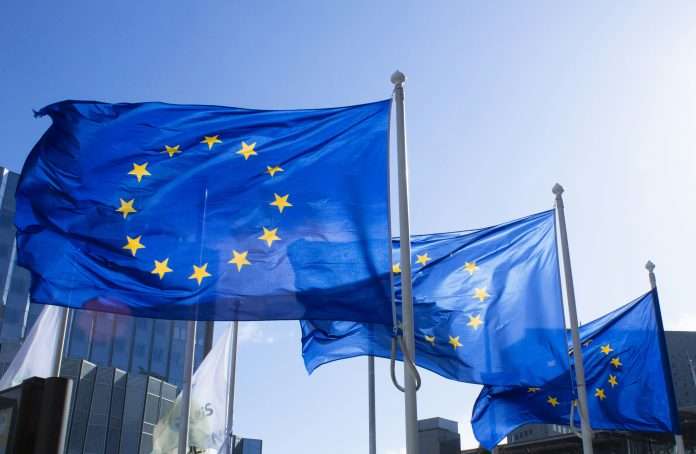The recent separation of the UK from the EU has set the stage for regulatory divergence between the two jurisdictions.
One of the significant updates is the EU’s Regulation 2024/791, which amends the Markets in Financial Instruments Regulation (MiFIR). This amendment, effective from March 28, 2024, has broadened the scope of financial instruments that fall under the MiFIR reporting obligation, introducing asset classes that are not currently covered by the UK’s corresponding regulations, according to MAPFinTech.
The MiFIR has been updated to mandate the reporting of several types of financial transactions. Specifically, these include:
- Financial instruments admitted to trading, or traded on a trading venue, or pending admission requests, covering all transactions executed both on and off these venues, excluding certain over-the-counter (OTC) derivatives.
- Financial instruments with an underlying that is also traded on a trading venue, regardless of the transaction location.
- Financial instruments linked to indices or baskets composed of traded financial instruments, irrespective of the trading location.
- Certain OTC derivatives as specified in Article 8a(2), with reporting required when these are executed on trading venues.
This amendment essentially retains the existing categories but expands the coverage to include additional types of OTC derivatives.
The revision specifies new classes of financial instruments under the MiFIR obligations:
- OTC derivatives subject to the EU’s clearing obligations under EMIR, particularly those that are interest rate derivatives with designated maturities.
- OTC derivatives like Credit Default Swaps that either reference a Globally Systematically Important Bank (G-SIB) or an index of G-SIBs, provided these are centrally cleared.
MAP FinTech offers a comprehensive solution to the challenges posed by the updated MiFIR through its MiFIR Transaction Reporting service. This service allows clients to report their financial instrument transactions seamlessly.
Utilising the acclaimed Polaris Platform, the process encompasses data consolidation, validation, submission in compliance with regulatory standards, and robust reconciliation mechanisms. Furthermore, clients benefit from ongoing regulatory updates, cost efficiencies, expert training, and clear monitoring of their transaction reporting activities.
Keep up with all the latest FinTech news here.
Copyright © 2024 FinTech Global











